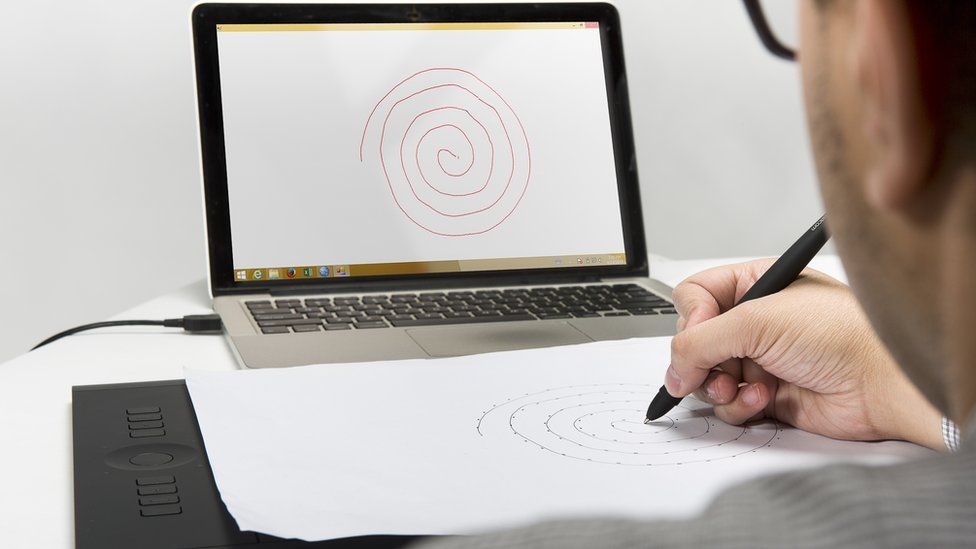Dr. Joon Faii Ong is a recognized researcher and expert on Parkinson’s disease. Dr. Joon has contributed to this article to provide you with his insights into learning about early warning signs of Parkinson’s disease.
Knowledge is power. The more you understand what causes Parkinson’s disease, the better prepared you are to deal with it. While genetics plays an important role in who gets Parkinson’s disease, your personal choices can make a huge difference in the course of the disease.
Early Warning Signs Of Parkinson’s Disease
Tremor
People with early-stage Parkinson’s disease often experience tremor — an involuntary trembling motion typically involving only one body part, most typically a hand. The tremor can be barely noticeable or severe enough to make everyday tasks like writing on paper or holding a coffee mug extremely difficult.
Muscle stiffness or rigidity
Muscles feel stiff or rigid, making the affected person’s movements slow and labored. This is often mistaken for arthritis early on, but Parkinson’s disease causes it.
Slow movement
Early symptoms of Parkinson’s disease are so subtle that you might not notice them.
If the disease progresses, symptoms may become more obvious. Tremor and muscle rigidity can cause slow, shuffling movements that appear uncoordinated, stooped posture, and balance problems. Some people develop an intense urge to move called hyperactivity (also known as festination). Shuffling feet, stooped posture, stiffness or rigidity in the limbs, arms or trunk are all signs of Parkinson’s disease.
Small handwriting
People might not think much about smaller handwriting size as a sign of early Parkinson’s disease as with other symptoms. However, tremor might lead to unusually small or illegible writing — at least when the person is applying consistent pressure to the paper or tablet.
Stooped posture
Stooped posture is a common symptom of Parkinson’s disease. Over time, it can lead to chronic back and neck pain as well as balance problems. Stooped posture happens because the brain essentially forgets how to activate certain muscles (called “proprioceptive” muscles) that keep you upright and balanced. When these muscles aren’t working properly, the body compensates by stooping and rounding the shoulders.
Loss of sense of smell
Loss of sense of smell is a very early sign of Parkinson’s disease that is often overlooked but can be an important indicator that something isn’t right with your nervous system. Since most people with Parkinson’s disease are over the age of 60, they may attribute a loss of sense of smell to normal aging. However, Parkinson’s disease sometimes affects the nerves that connect your nose to your brain and contributes to anosmia or hyposmia.
Mask-like face
People with Parkinson’s disease often experience changes in facial expressions, such as a fixed stare, an expressionless face, or the appearance of “frozen” with little facial movement. Unfortunately, these changes can be misinterpreted as being upset or depressed when Parkinson’s disease causes it.
Urinary problems
Urinary incontinence and difficulty initiating urination are common symptoms of early-stage Parkinson’s disease. Parkinson’s disease can also lead to involuntary urination (also known as “urinary urgency”). Over time, people with Parkinson’s disease may find that they have a weak urine stream or have to get up multiple times at night to urinate.
